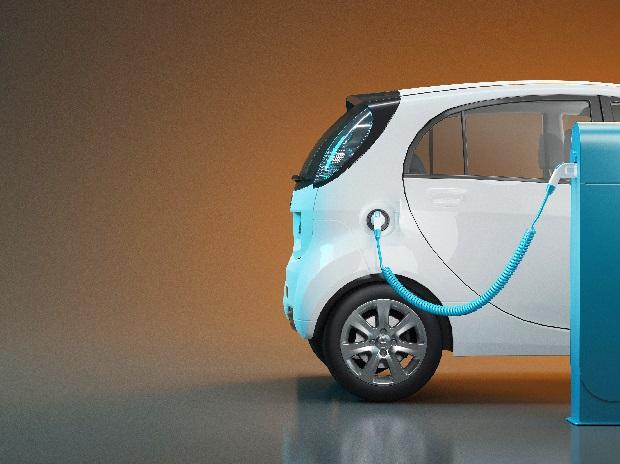Business Standard chronicles India's efforts over the years to push a faster adoption of electric vehicles.
The
concept of electric
vehicles (EVs) has been around for a fairly long time, but it has
drawn significant interest only in the past decade. While rising
carbon footprint and other environmental impacts of the fuel-based
vehicles have nudged policymakers the world over to look seriously at
EVs, India’s efforts have so far yielded very little.
The
country made its first concrete decision to incentivise EVs in 2010,
when, under a Rs 95-crore scheme approved by the Ministry of New and
Renewable Energy (MNRE), the government announced financial
incentives for manufacturers of electric vehicles sold in India.
Since
then, the central government has taken several steps to get more
Indians to adopt EVs, first under Prime Minister Manmohan Singh and
then under Narendra
Modi. Here is a timeline of events in the country’s EV journey
so far:
November
2010: The Manmohan Singh-led United Progressive Alliance government
announces a scheme with an outlay of Rs 95 crore to incentivize
electric vehicles. The scheme envisages incentives of up to 20 per
cent on ex-factory prices of the vehicles, subject to a cap.
March
2012: The Ministry of New & Renewable Energy (MNRE) discontinues
the Rs 95-crore subsidy scheme causing a 70 per cent drop in EV
sales, according to manufacturers, besides temporary or permanent
closure of several dealerships.
2013:
India unveils the 'National Electric Mobility Mission Plan (NEMMP)
2020' to make a major shift to electric vehicles and to address the
issue of national energy security, vehicular pollution and growth of
domestic manufacturing capabilities. The scheme is to offer subsidies
and create supporting infrastructure for EVs.


